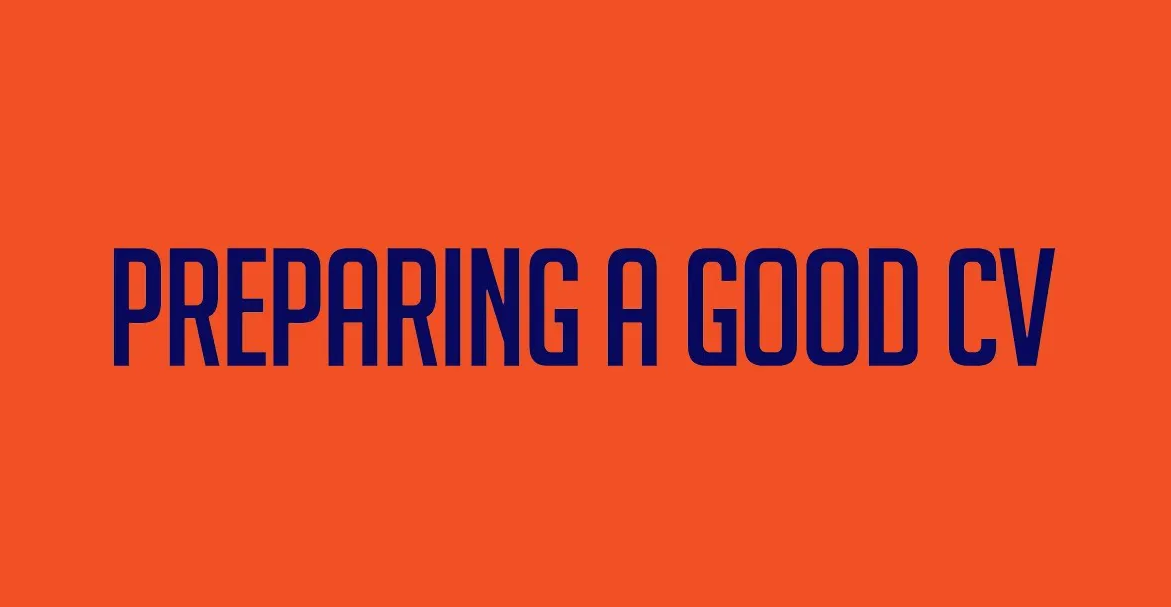Always up to date to find your dream job!
We only need a few personal details, thanks!
Curriculum Vitae (CV) Tips:
Your CV is vital to your success in presenting yourself on the job market. Your CV markets your relevant skills, experience and value to a potential employer. A good CV will substantially boost your chances of securing an interview, and thus of getting a job.
There are no rights or wrongs when it comes to writing a CV; each one is unique. So, don’t copy the text of standard CV samples! Your CV text should be original, and reflect your own talents and personality.
Still, you should follow a few basic formatting principles to ensure you present your information most clearly, concisely and effectively. Feel free to try out this CV template to get started.
Note: it is not customary in the Netherlands to include a picture of yourself on your CV.
Personal details
Work experience
Education
Skills
References
Hobbies
Presentation
IMPORTANT
Make sure your CV is well laid out, with clear headings and enough spacing between sections so that your information is easy to read. Keep your CV simple and concise so that the reader does not lose interest. Emphasise your most relevant experience and skills to encourage the consultant or employer to read on. List other skills which make you stand out in the job search crowd, such as languages (be sure to include your level of fluency) and IT skills. Try not to leave any gaps in your employment record as employers may assume the worst. You may wish to mention the reason for leaving a job (travel, study, etc).
Be aware - some employers check your references for accuracy.
Keep the layout simple. Avoid fancy fonts and distracting colours. Be selective when listing the training courses you have completed.. Check thoroughly for spelling and grammatical errors. Read your CV text aloud to catch the little mistakes that are easy to miss.
Feel free to check out our webinars on Creating a Strong CV and Pumping Up Your CV for more details on preparing your CV for successful applications in the Netherlands.

We only need a few personal details, thanks!
